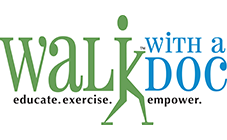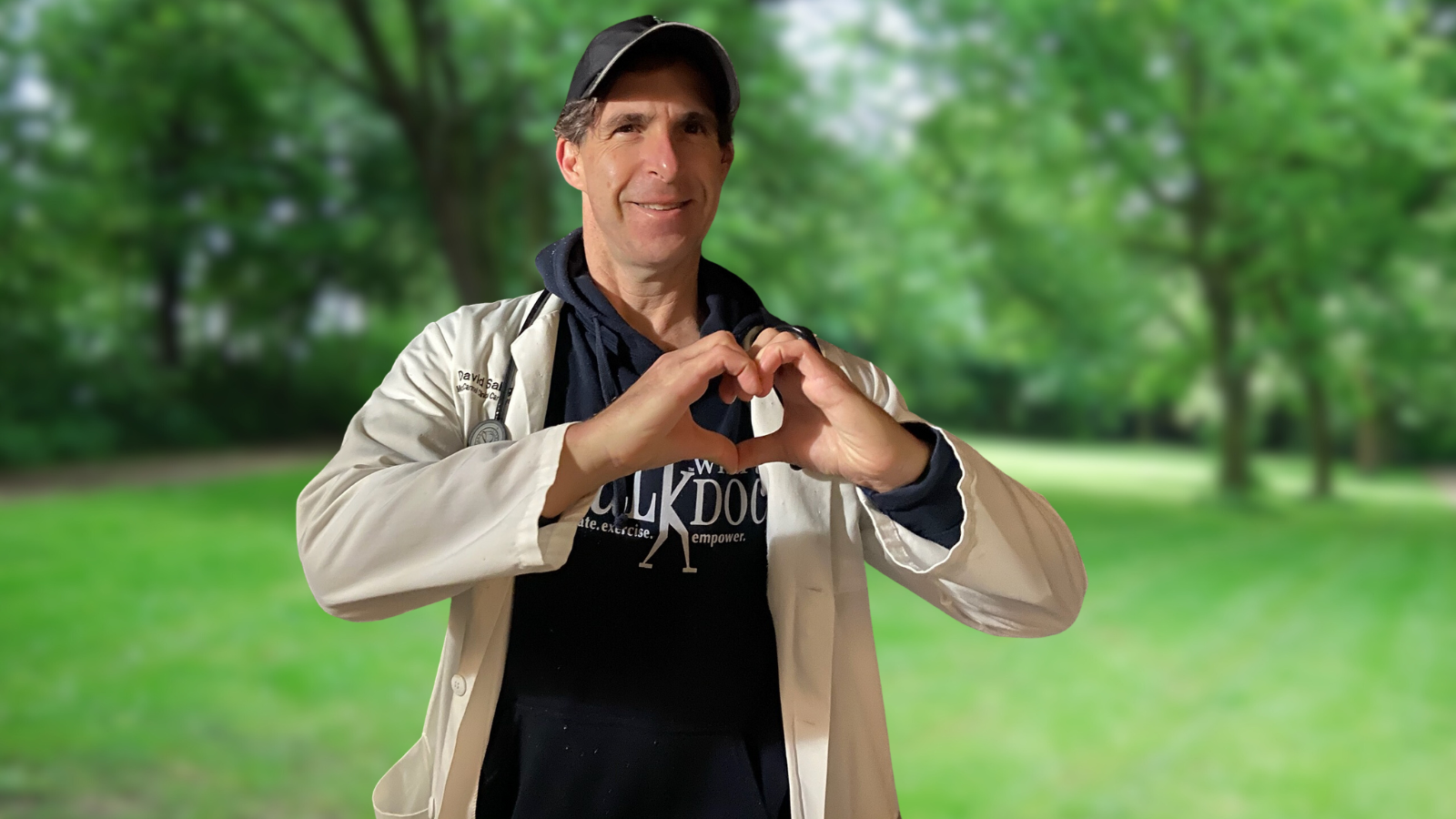Good morning! It’s been a beautiful week, right? Here’s hoping you’re taking care of yourself with a walk break or two.
How many steps a day is ideal? These researchers feel they found the sweet spot.
Would you like some tips to help you get there?
Okay, palpitations.
As cardiologists, we see more patients with palpitations than any other concern. In almost all situations there is nothing to worry about, but let me please take you through my work-up or at least some of it.
The majority of people we meet with palpitations are having premature ventricular and/or premature atrial contractions (PVCs and PACs). Most office patients mention appreciating them primarily in the evening when winding down. They usually last only seconds and they describe them as a “quick flutter”, or “extra beats”, “flip flops” or they mention very brief chest pain. Chest pain that understandably may feel very concerning.
What causes them?
Let’s first share that over 60% of us have these. Circumstances in my experience that may increase their frequency include:
Poor sleep or sleep apnea, increased stress or anxiety (fortunately all that went away with the pandemic 😉), low potassium levels, mitral valve prolapse, abnormal thyroid levels (T4), and of course tobacco, alcohol, and caffeine (yes, that includes chocolate).
What am I feeling?
Because there is a premature beat, the heart has longer to fill for the subsequent contraction. In this squeeze, it may pump out 50% more blood than on a ‘normal’ beat. That large ejection of blood can give that feeling of a jolt.
What tests do we order?
Every situation is unique, but one test I always order is an EKG (10-second heart tracing with 12 leads). Occasionally I will also get a rhythm strip (long EKG).I may order a 24 or 48-hour Holter monitor (all-day EKG).
In this discussion, we are talking about PVCs/PACs – but I, and your doctor, and will likely want to make sure it’s not another arrhythmia such as atrial fibrillation, atrial flutter, ventricular tachycardia, etc. If there are cardiovascular risk factors (smoking, high blood pressure, etc.) I will often get an echocardiogram and occasionally a stress test.
How do I get rid of PVCs?
So you’ve corrected the possible causes and they’re still bugging you. Honestly, if we determine that the symptoms are correlated to PVCs, most of my patients are relieved and don’t want medicines (beta-blockers are the typical first choice) because they (a) don’t like BBs and/or (b) they understand that the side effects may potentially be worse than the symptoms. However, it’s not uncommon that PVCs can disrupt your quality of life and something needs to be done. We have also used calcium channel blockers or antiarrhythmics for those times. If these don’t work and you’re still having issues, there is a relatively simple ablation procedure where we go into the heart and zap them. That is very rare for PACs/PVCs.
Ok, thanks for the free consult. Now I’m good, right?
Nope. Please make sure your doctor is aware because it’s not always PVCs/PACs and they will want to know about them.
What does exercise do for PVCs?
Thought you’d never ask. Exercise lowers stress and anxiety levels and indirectly lowers your PVCs. It also allows for better sleep and decreased cravings for cigarettes. You and your questions are truly important to us. Because we want to make sure you receive the appropriate medical workup, we’re choosing not to answer medical-related questions via email. That said, all of our docs are eager to share their thoughts in person at a Walk with a Doc event. For goodness’ sake, that’s why we’re here.
We are extremely honored to collaborate with the National Park Service and we will be joining this iconic group in D.C. on April 22nd for Park Rx Day in Anacostia Park. We will have a ton of freebies and I’d love to walk with you.
David
Lower Extremity Care
Dr. David Sabgir (founder of WWAD) and Dr. Jengyu Lai (Walk leader in Rochester, MN) both presented at the LM for Lower Extremity Care virtual conference. Give it a listen during your next walk!


